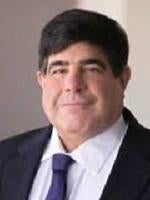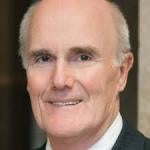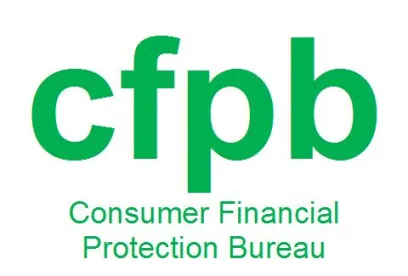The Great Schism at the Consumer Financial Protection Bureau (CFPB) is over, at least for now, and White House Office of Management and Budget Director Mick Mulvaney is now firmly in control of the agency as its acting director, having been appointed pursuant to the president’s authority under the Federal Vacancies Reform Act. He has imposed a hiring and regulations freeze and said that while he does not intend to “burn the place down,” he intends to ensure that the CFPB operates under a budget and consistent with other executive branch agencies.
For the time being, we expect that this will mean new rules will be put on hold and be scrutinized further, particularly for the burden they impose on regulated businesses. We also expect a more measured approach in enforcement matters, and that the CFPB’s examination functions will be better coordinated with those of other federal banking agencies, further easing compliance costs and burdens for the CFPB-regulated firms.
On the other hand, Congress granted authority to state attorneys general to enforce the CFPB’s central enforcement statute under Dodd-Frank, which penalizes “unfair, deceptive, and abusive” acts and practices. While states may largely lack regulatory authority over national banks, enforcement is a different matter and many of the CFPB’s targets have been non-bank financial institutions or banks operating under a state charter. Therefore, a more measured approach by the CFPB may mean more activity by the state attorneys general.
All of this is possible because Congress itself created a uniquely powerful director who has the sole authority, among other things, to set agency policy and call for funds outside of the congressional appropriations process. Mr. Mulvaney need not consult fellow commissioners as he would at the US Federal Trade Commission or Securities and Exchange Commission, because he has none. He need not consult with Congress, because it does not exercise meaningful oversight, and he has independent litigating authority (not that he would actively cross swords with the administration).
Those chickens have now come home to roost. The former CFPB director, Richard Cordray, was able to act independently of both Presidents Obama and Trump, grow the agency to more than 1,600 employees without a single appropriations hearing, and issue rules that impact the way the financial services industry operates in this country. Now, his temporary successor may dismantle some or all of that, although some of this may take a significant and lengthy effort.
In the meantime, nothing is ever certain. The US District Court for the District of Columbia has denied a temporary restraining order sought by the individual Mr. Cordray had picked as his successor, who could still seek a preliminary or permanent injunction and could prevail either in the district court or on appeal. As we have previously reported, an existential challenge to the constitutionality of the formation of the CFPB remains pending in the US Court of Appeals for the District of Columbia Circuit, and at some point the president must at least nominate a permanent director who will be subject to Senate confirmation.
The key takeaway is that businesses regulated by the CFPB need to remain vigilant since they could be swept up by intended or unintended actions, and they need to pay particular attention to any uptick in legal actions by state attorneys general.








 />i
/>i

